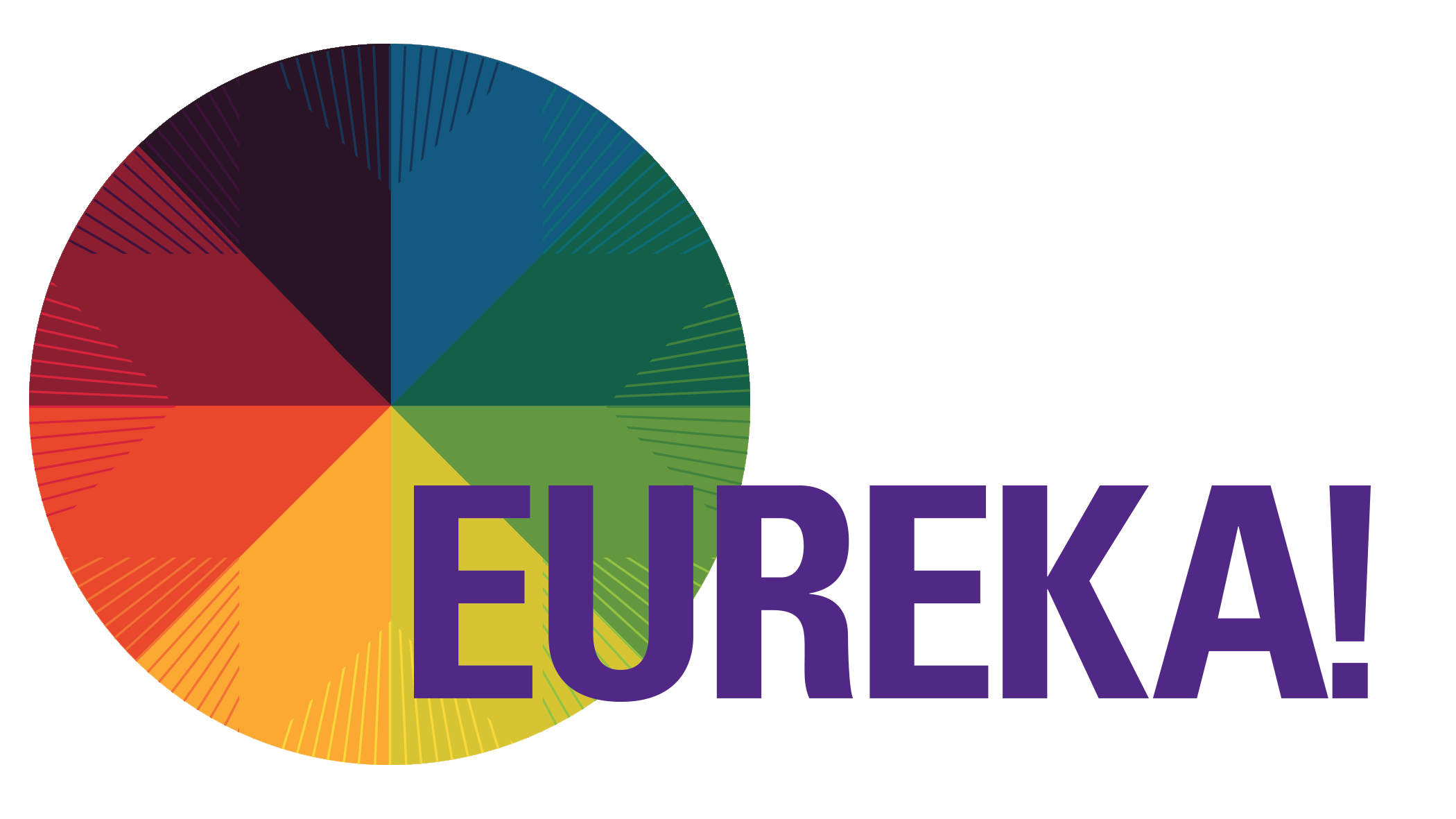Overview
The Sir Paul Callaghan Eureka! Awards competition challenges secondary school and tertiary undergrads to deliver a 12-minute presentation about how an application of science or technology will benefit New Zealand’s economic, environmental and social wealth and well-being.
To deliver a successful Eureka! presentation contestants will demonstrate:
Knowledge of an area of science, technology, engineering or mathematics
How their area of knowledge and interest can be (or is being) applied to enable tangible benefit to New Zealand’s economic, environmental and social wealth and well-being, so helping deliver on Sir Paul Callaghan’s ambition for New Zealand
The presence and capability to communicate clearly, succinctly and persuasively to a general audience comprising people from business and the political arenas as well as the wider public
Entry Process
The entry process into the Sir Paul Callaghan Eureka! Awards is split into two forms. In the first form, due at the end of June, you will submit your contact information and in the second form, due one week after the first form closes, you will submit your presentation name and your choice of scholarship. The reason for splitting up entry into contact and presentation information is that you can sign up early and we can remind you when deadlines are coming up but when you first register you may not know what you are going to do your presentation on.
Entry into the Sir Paul Callaghan Eureka! Awards is open to all secondary school and undergraduate tertiary students, younger than 25. Full entry requirements can be found here.
The Two-Stage Competition Process
Following entry, and preparation of the presentation script, the next crucial stage is the Sir Paul Callaghan Eureka! Awards, geographic and virtual region competitions.
This is where contestants present a six minute summary speech of what they expect to be their final presentation.
The Eureka! Awards regional competitions are held in key centres, or by students submitting a video of their six minute presentation on-line.
The twelve best summary presentations are identified by the National Finals Selection Panel, using videos of all the geographic and virtual region presentations. A moderated marking system is used to ensure the outcomes are consistent across the country
In the 4-6 weeks before the National Finals Stage the twelve National Finalists will spend time polishing the quality of their final presentation.
Awards, Scholarships and NCEA
Each year the contestant who the Judges decide has delivered the best presentation is awarded the Sir Paul Callaghan Eureka! Premier Award, and prize money of $10,000.
The Judges also select three runners up who receive Highly Commended Awards, plus prize money of $5,000.
The remaining eight contestants who were selected as National Finalists each receive a Merit Award, and prize money of $1,500.
As well as the Awards and prize money a number of Scholarships (collectively worth about $60,000) are also available to contestants to help fund their tertiary studies. While most of the Scholarships reflect the issues identified in the National Science Challenges there are also special Scholarships available for Maori and Pasifika students.
Silver Scholarships are worth $2,500 and Gold Scholarships are worth $5,000. See the full list of Scholarships at the link below.
Additionally, Secondary school students may be able to receive NCEA credits for the 6-minute summary of their Eureka! Awards presentation which they deliver at the geographic or virtual region competitions. Contestants will need to discuss with their teacher what they will need to do to meet the achievement requirements of any relevant standard. You can find more information and a list of standards identified by the Eureka! Trust and the Ministry of Education by clicking the button below.
To help students prepare their presentation an online workshop was developed by The Otago Advanced School Sciences Academy (OUASSA) & Centre for Science Communication.
First time contestants are encouraged to work through the workshop segments in full. As they gain experience students who have entered for a second or third time jump through to the sections which are most relevant to them.





































